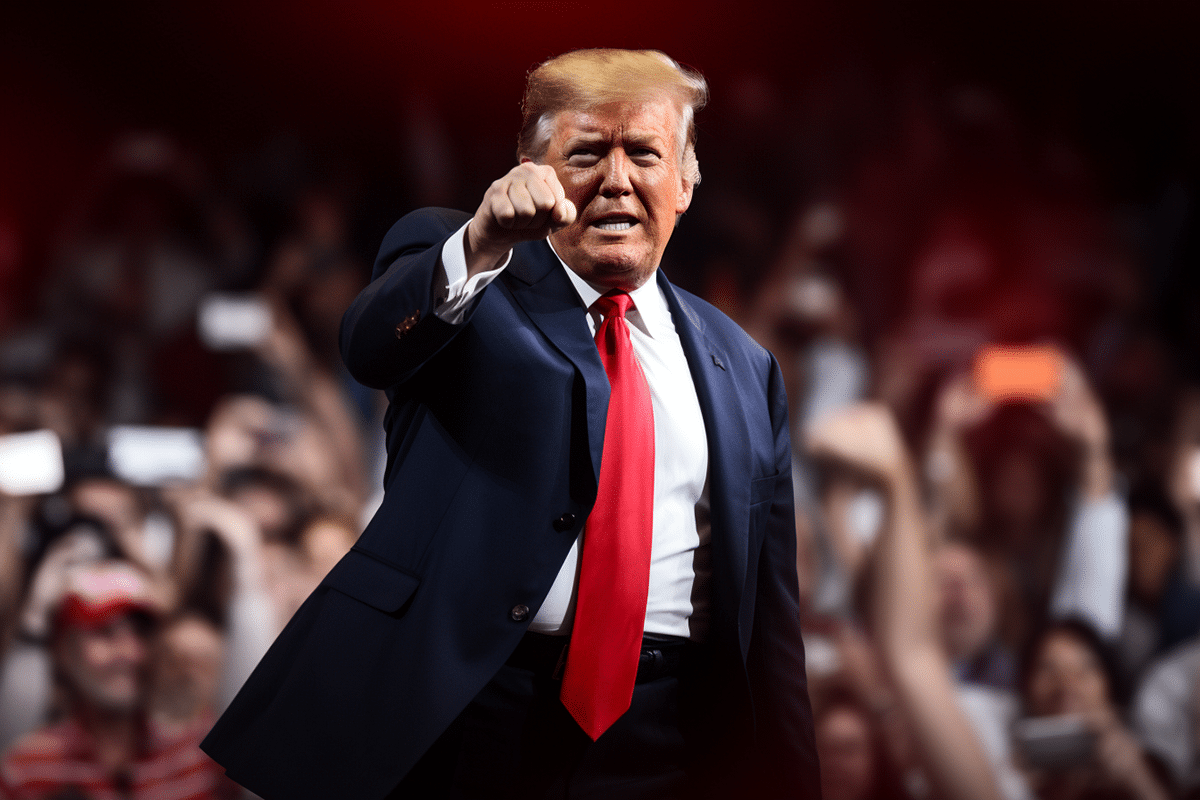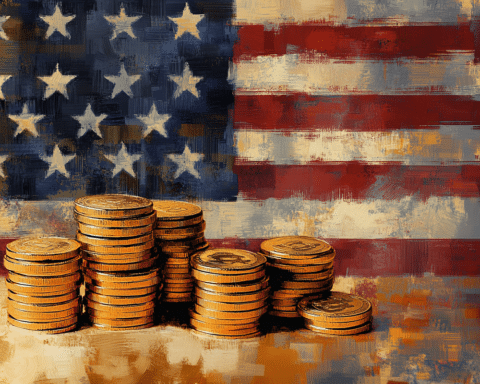Canadian Prime Minister Justin Trudeau has dismissed President-elect Donald Trump’s remarks about potentially making Canada the 51st U.S. state. Trudeau suggested that the comments were intended to distract from the more pressing issue of proposed tariffs that could have significant economic consequences for both countries.
Trump’s tariff proposal, set to be one of his first Executive Orders, involves a 25% levy on products imported from Canada, Mexico, and China. These goods include critical materials such as oil, gas, steel, aluminum, lumber, and concrete. The policy is aimed at curbing illegal immigration and drug trafficking, but experts warn it could sharply raise costs for American businesses and consumers. Canada, along with Mexico and China, ranks among the United States’ largest trading partners, highlighting the potential widespread impact of these tariffs.
Trudeau emphasized the strong trade relationship between the two nations, pointing out that increased tariffs would make Canadian goods significantly more expensive for American consumers. This, he argued, could create economic strain, particularly as the U.S. relies heavily on Canada for various imports.
Additionally, Trudeau underscored Canada’s robust national identity, stating that Canadians take immense pride in their sovereignty and independence. For many Canadians, one of the defining aspects of their identity is their distinction from their southern neighbors.
While addressing these issues, Trudeau also commented on the wildfires devastating Los Angeles County, which have forced the evacuation of nearly 180,000 residents. Canada has extended support to California, offering equipment to aid in combating the blazes. This gesture reflects the cooperative spirit between the two nations, even amid strained trade discussions.
The wildfires in California mirror Canada’s own recent experiences with similar natural disasters. In the past year, Canada faced destructive wildfires that scorched vast areas, forced mass evacuations, and caused significant property damage. Trudeau linked the growing intensity and frequency of such events in both regions to the effects of climate change.
In response to these challenges, Canada has taken steps to adapt, including increasing the training of municipal firefighters to handle wildfires near urban areas—a necessity that was less pressing in previous decades. Trudeau emphasized the need for global action to reduce emissions and mitigate the worsening impacts of climate change, warning of severe consequences if these efforts are not prioritized.
As the discussions around trade and climate continue, Trudeau’s remarks serve as a reminder of the interconnected challenges that both Canada and the United States face, from economic policy to environmental crises. The outcome of these debates could significantly shape the future of cross-border relations and the shared efforts to combat global issues.





